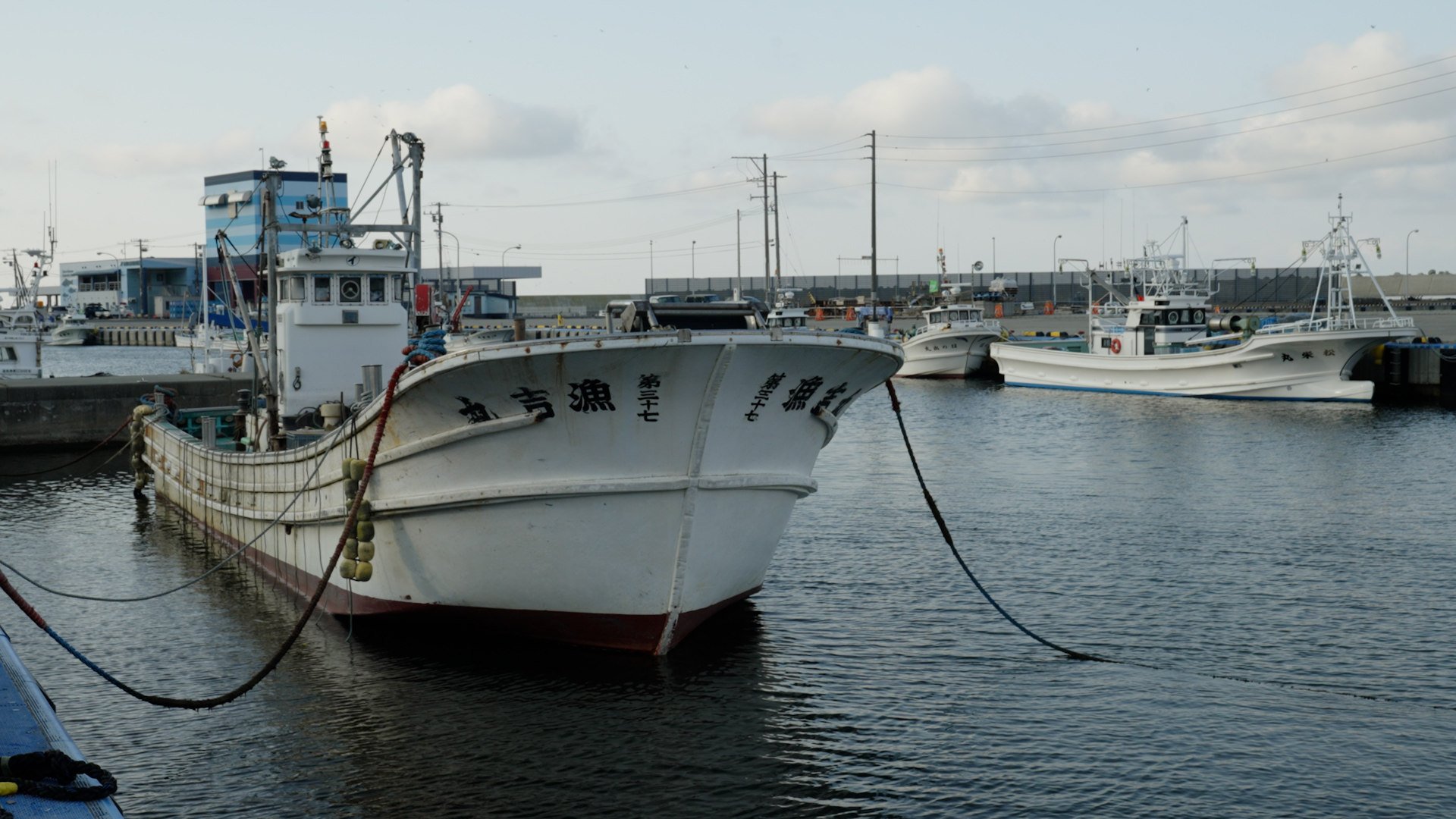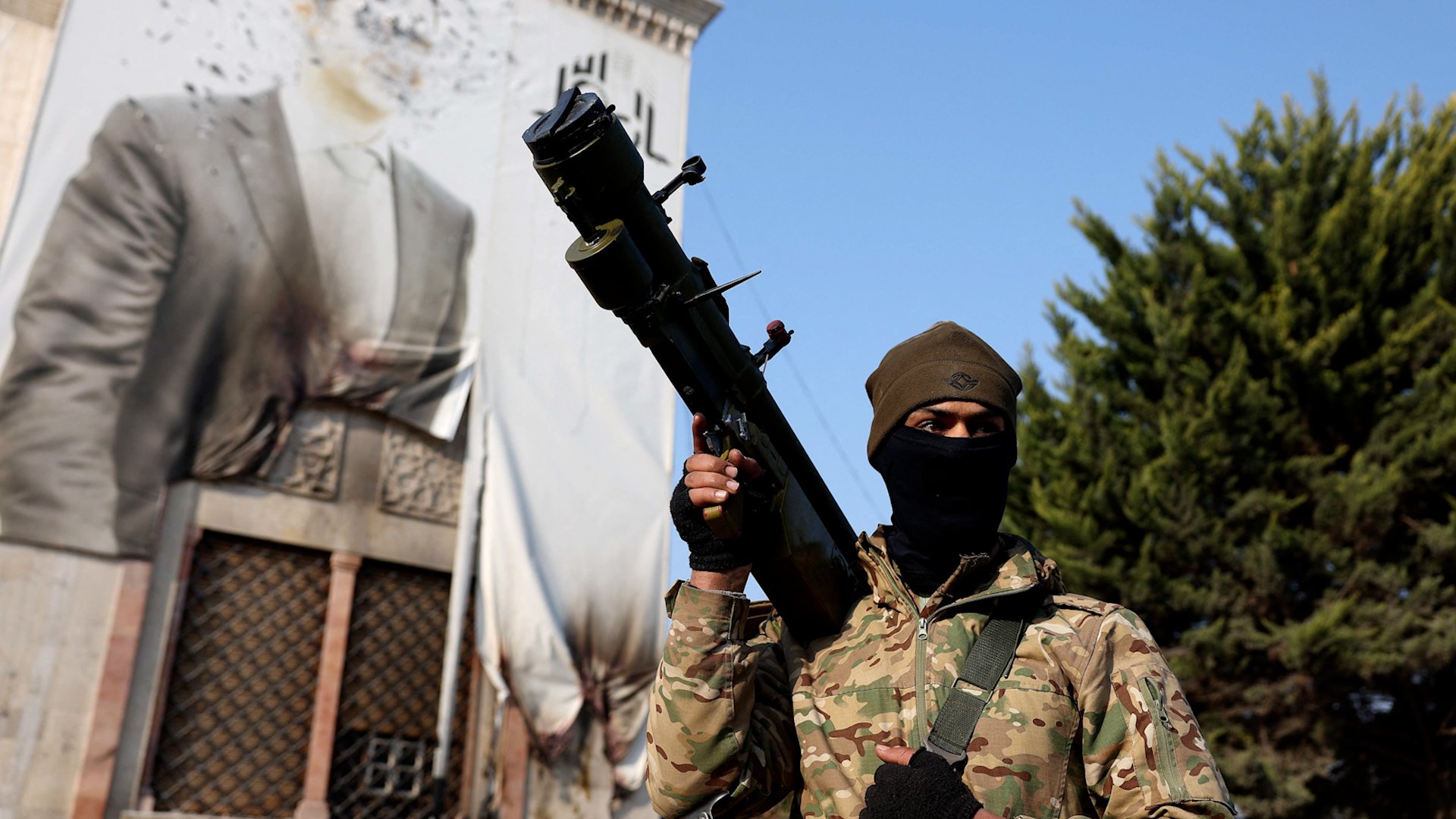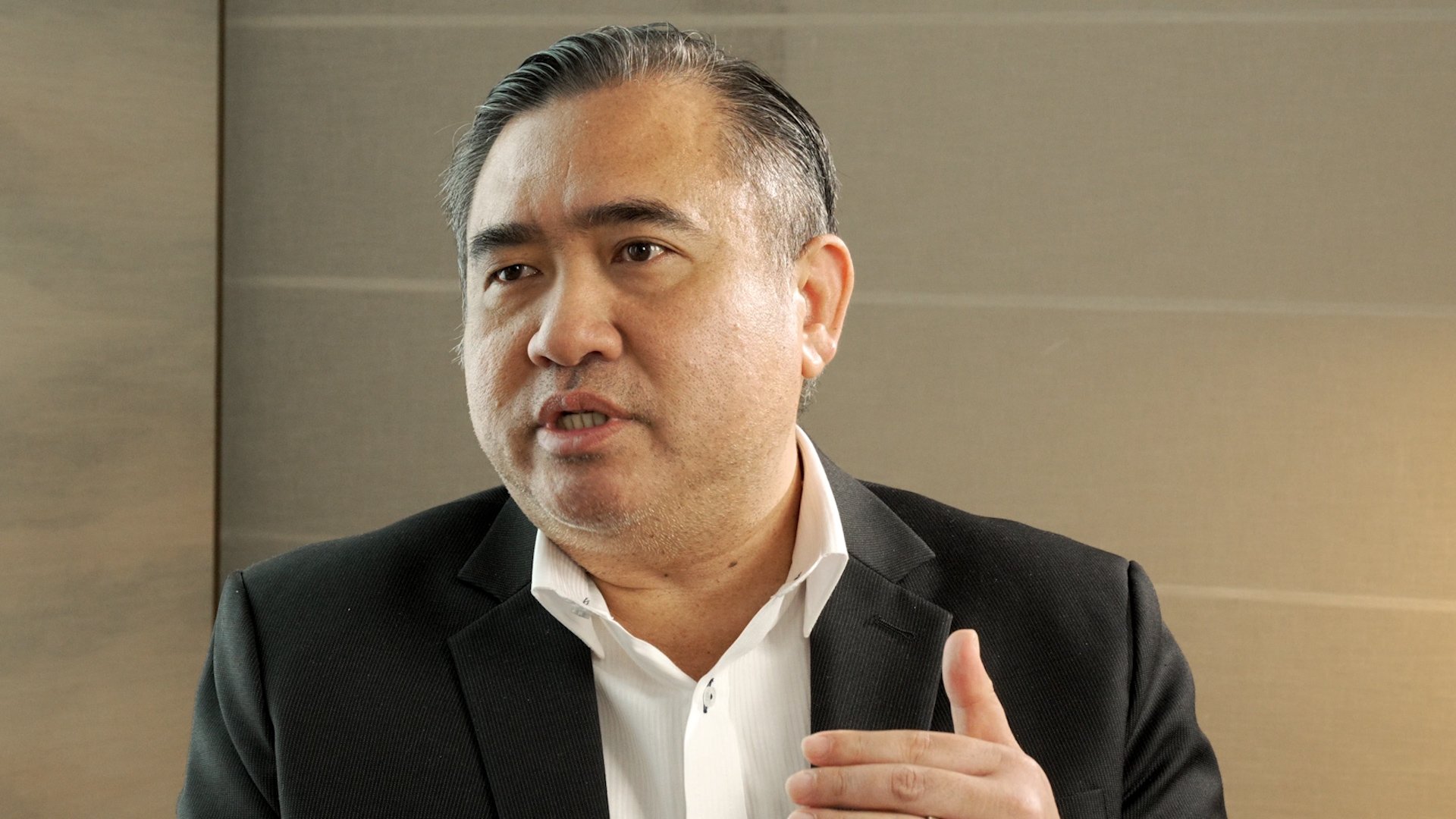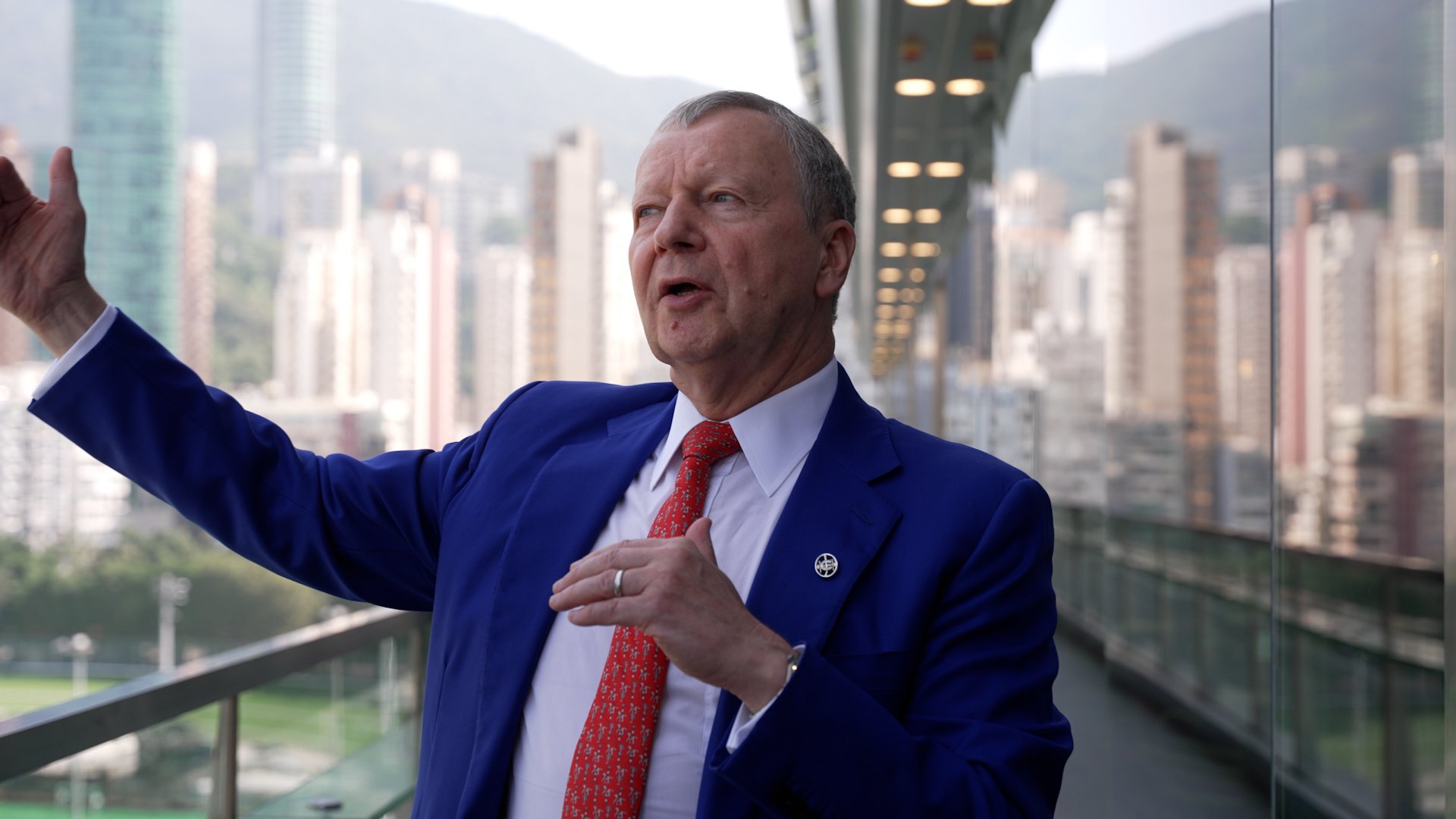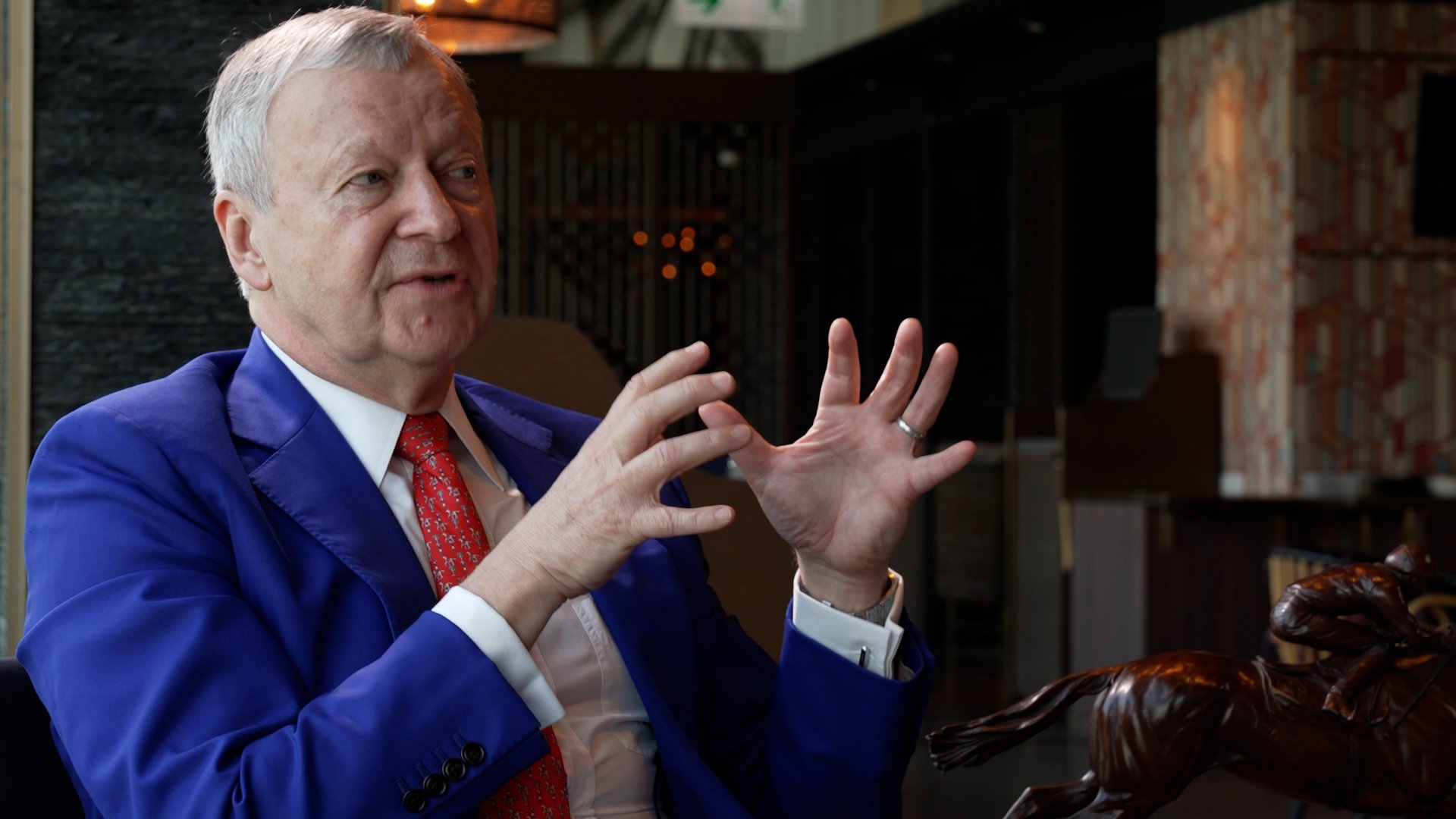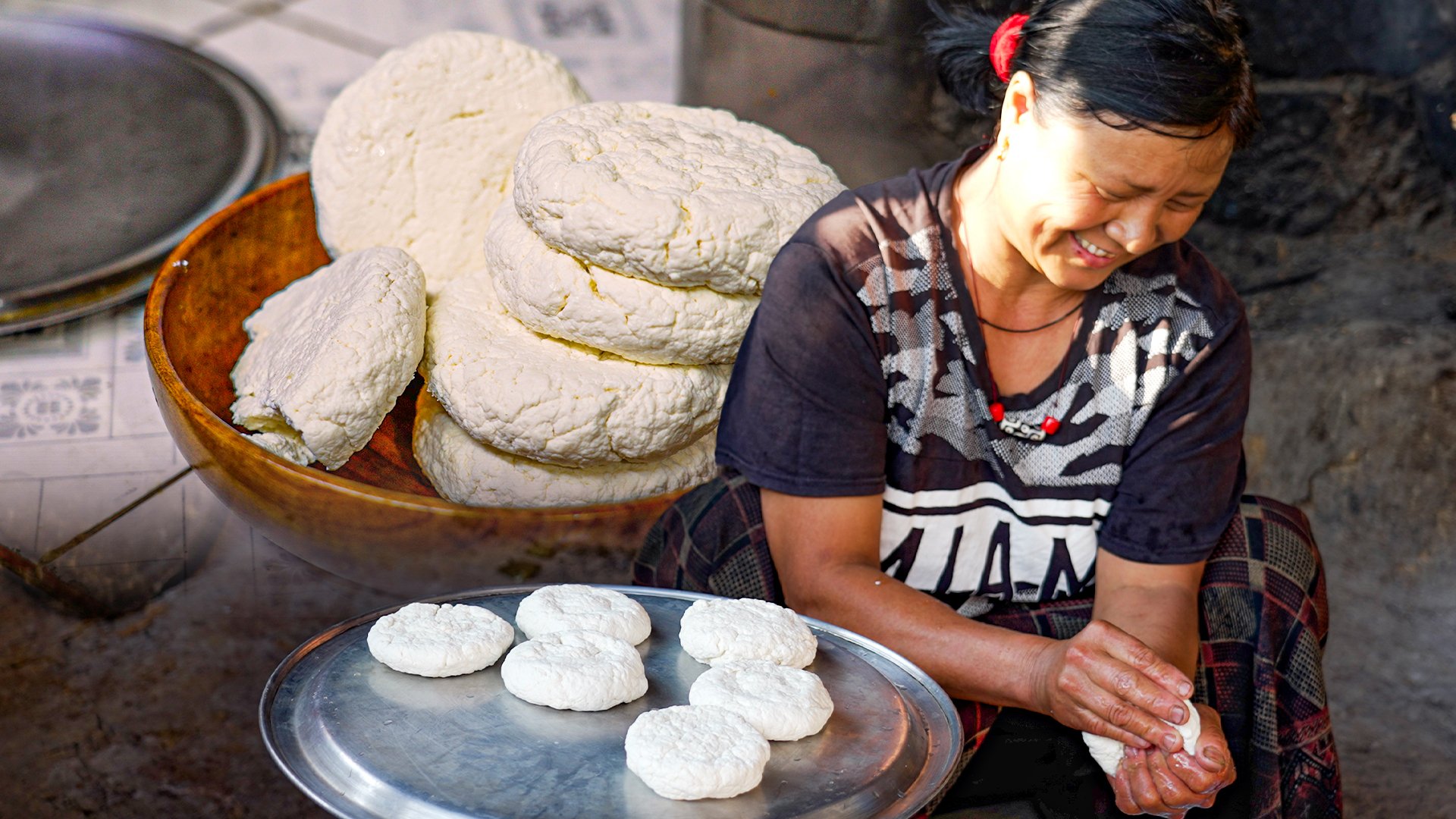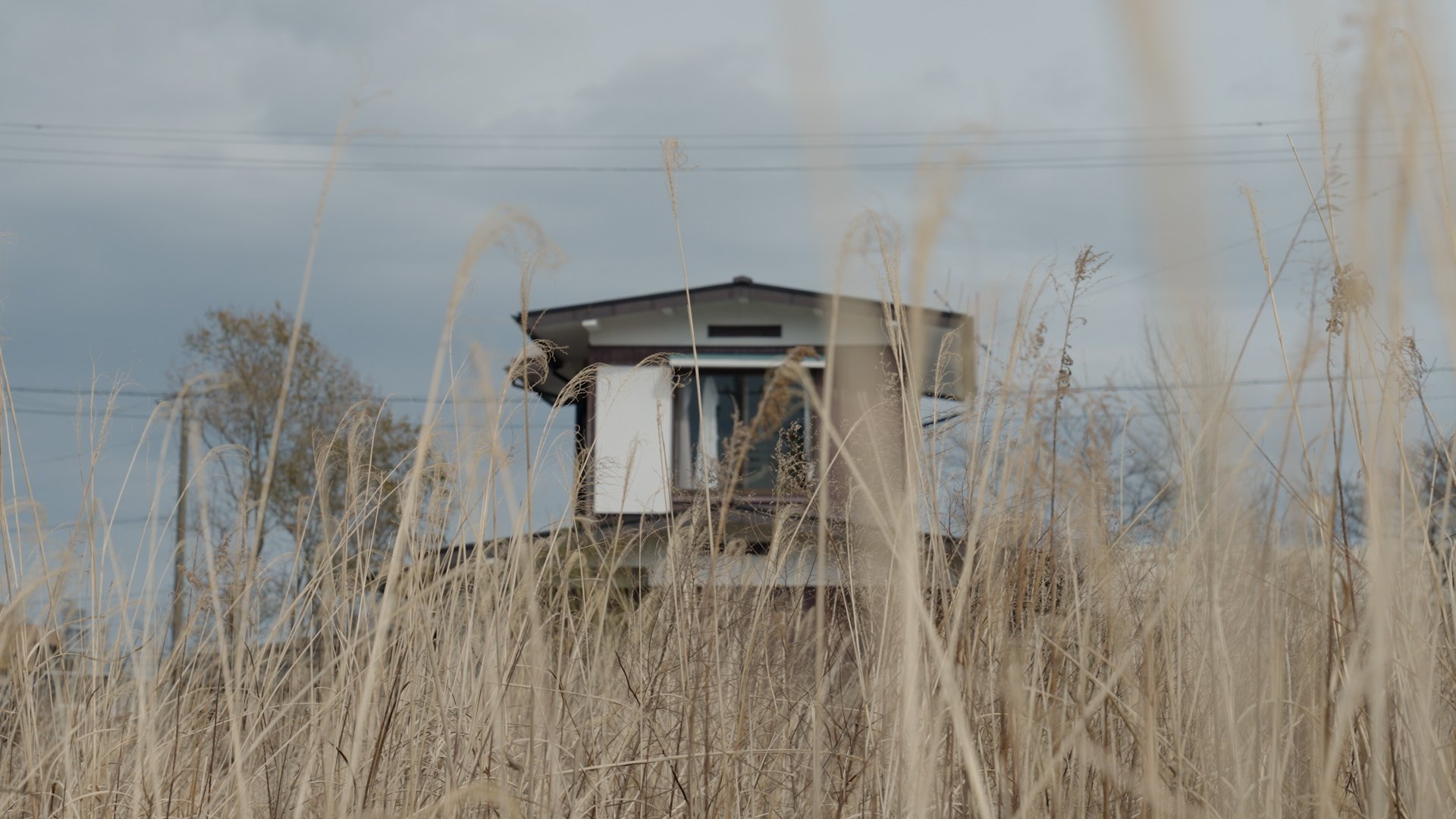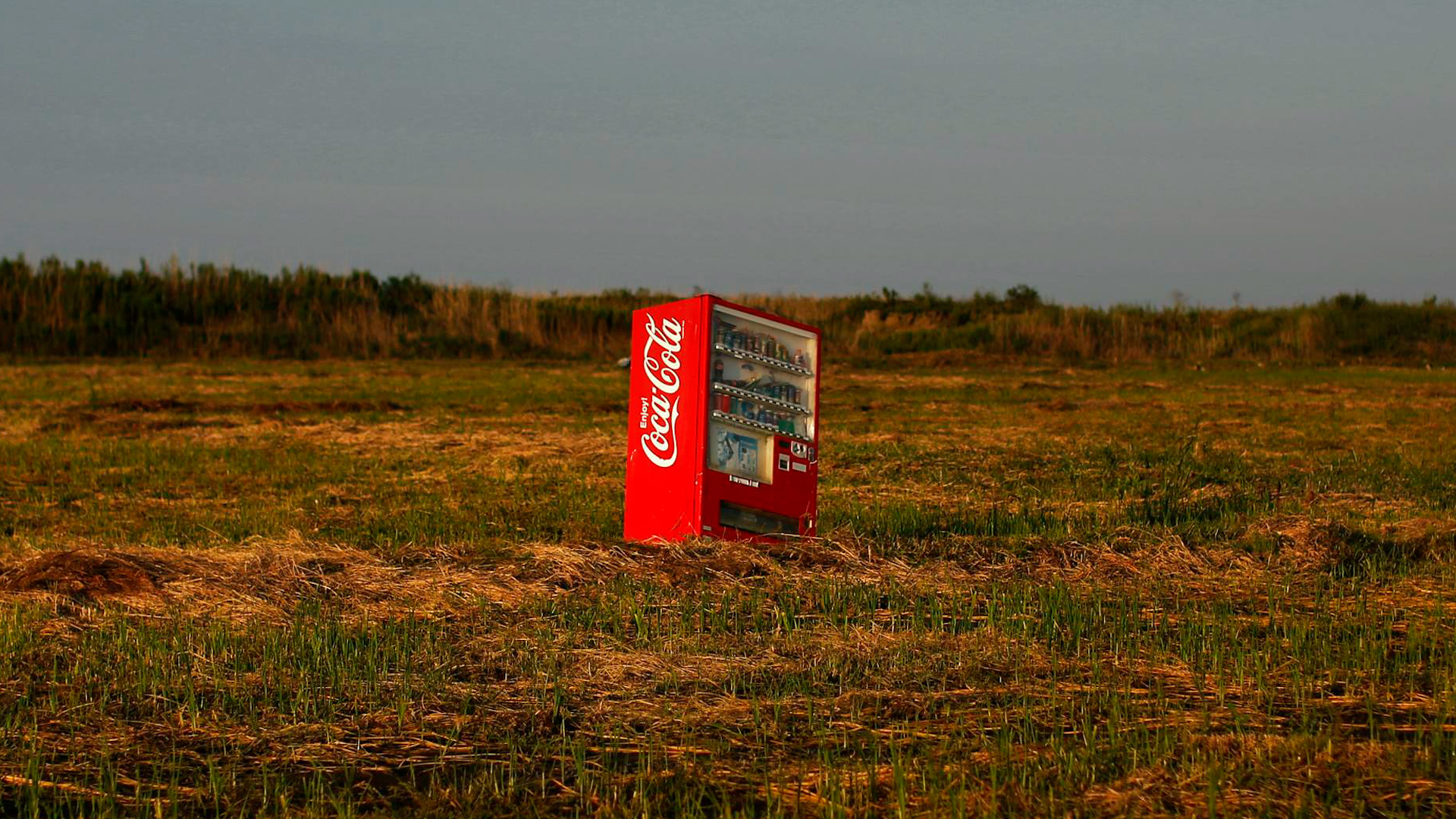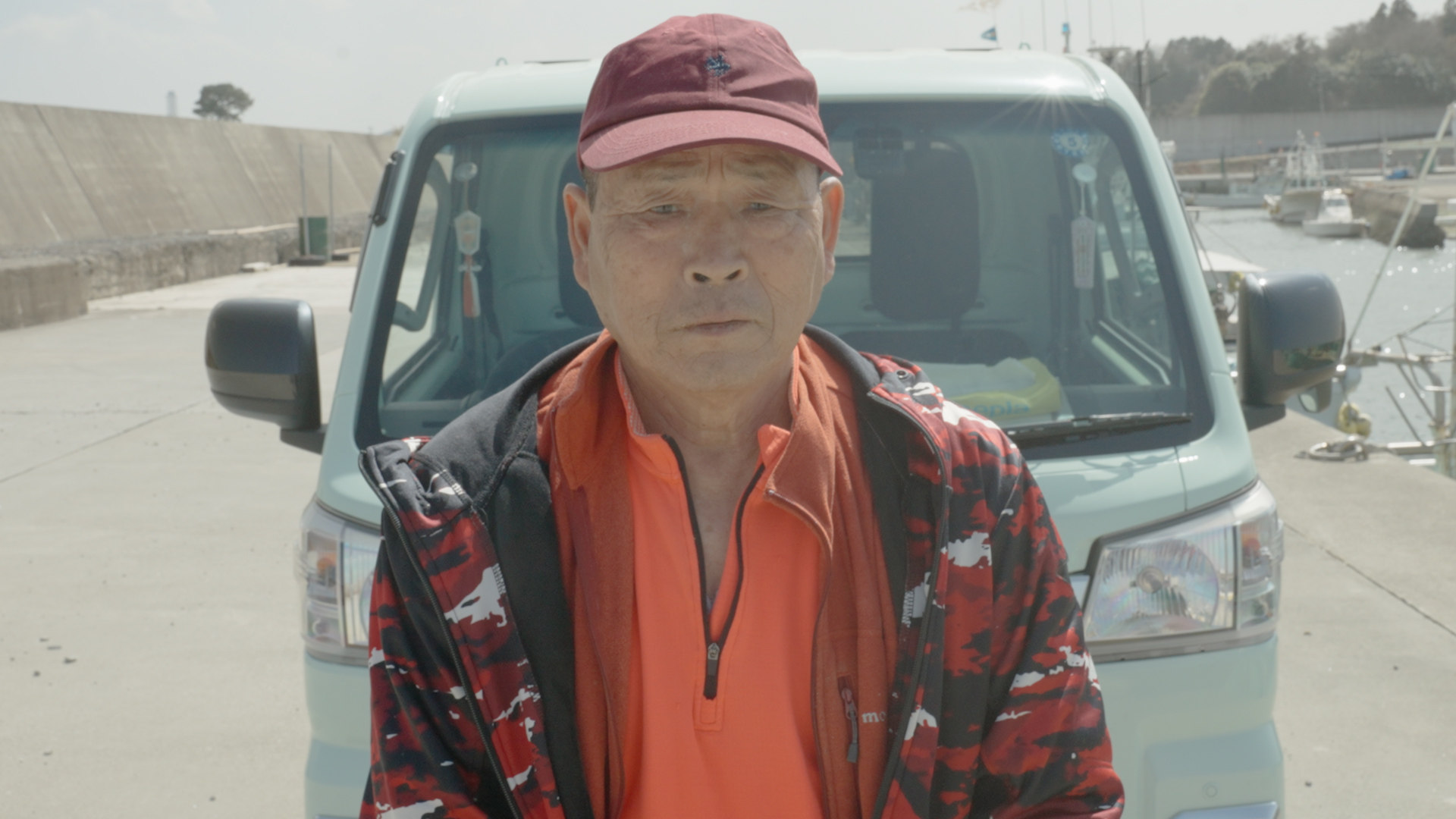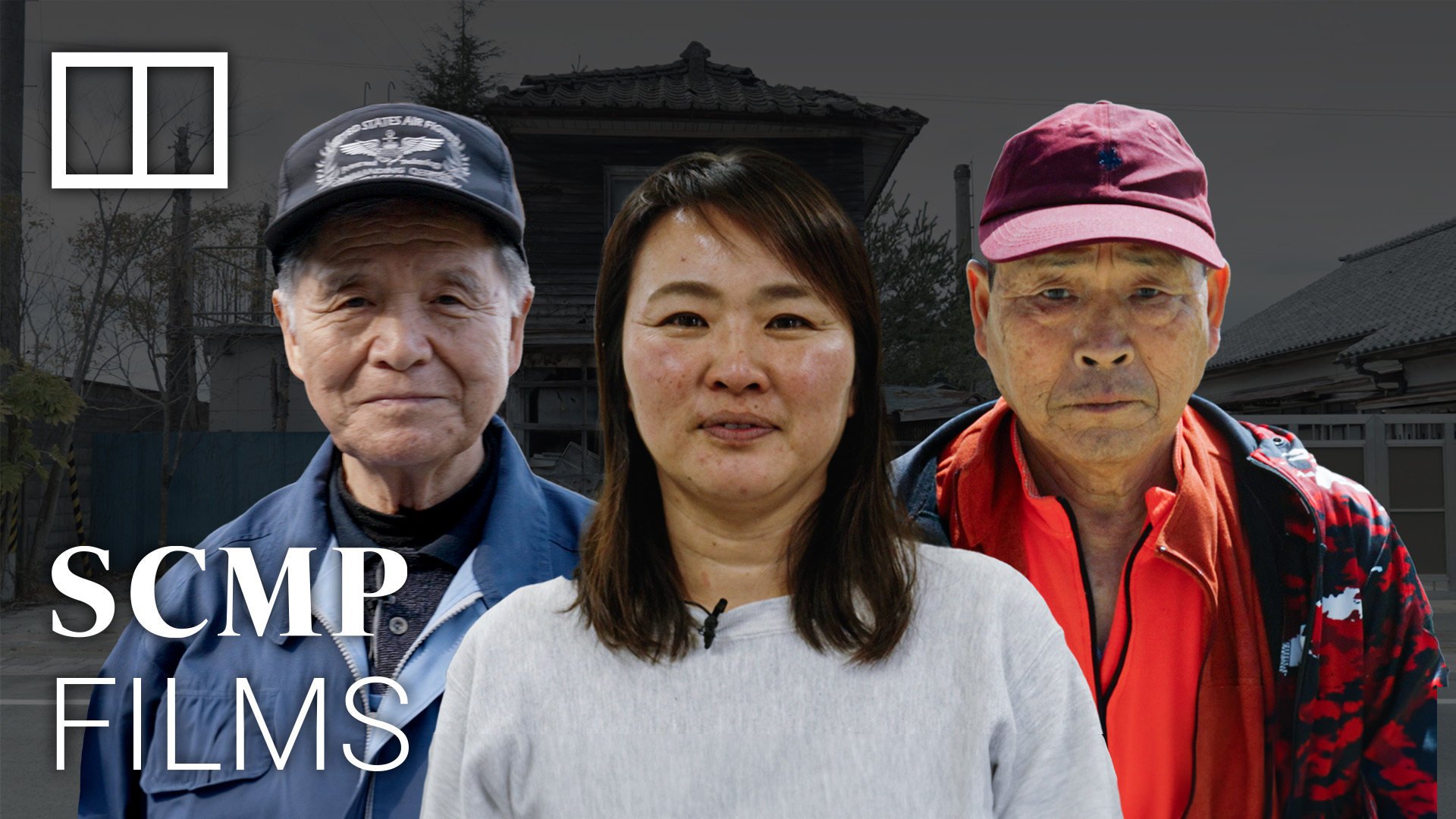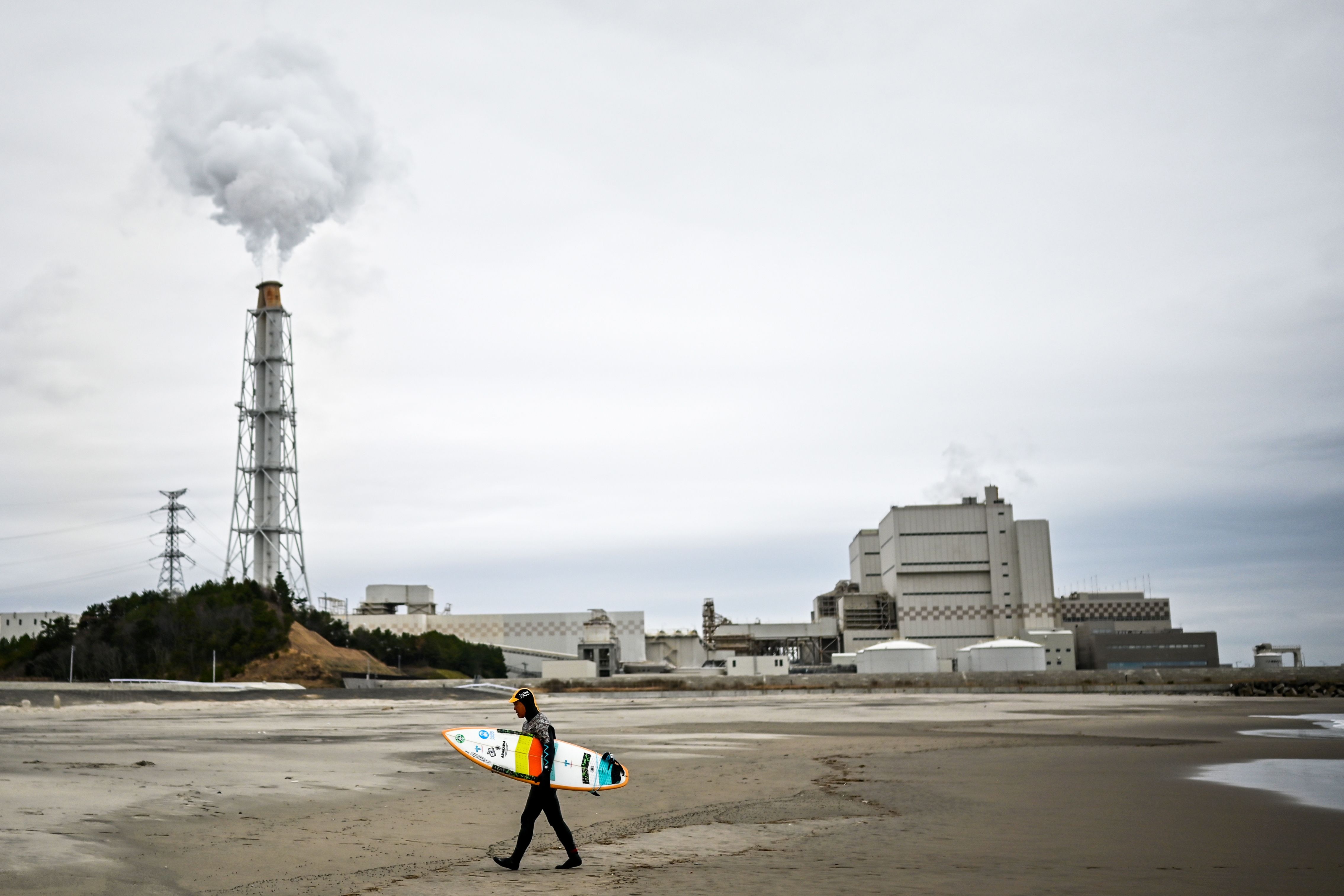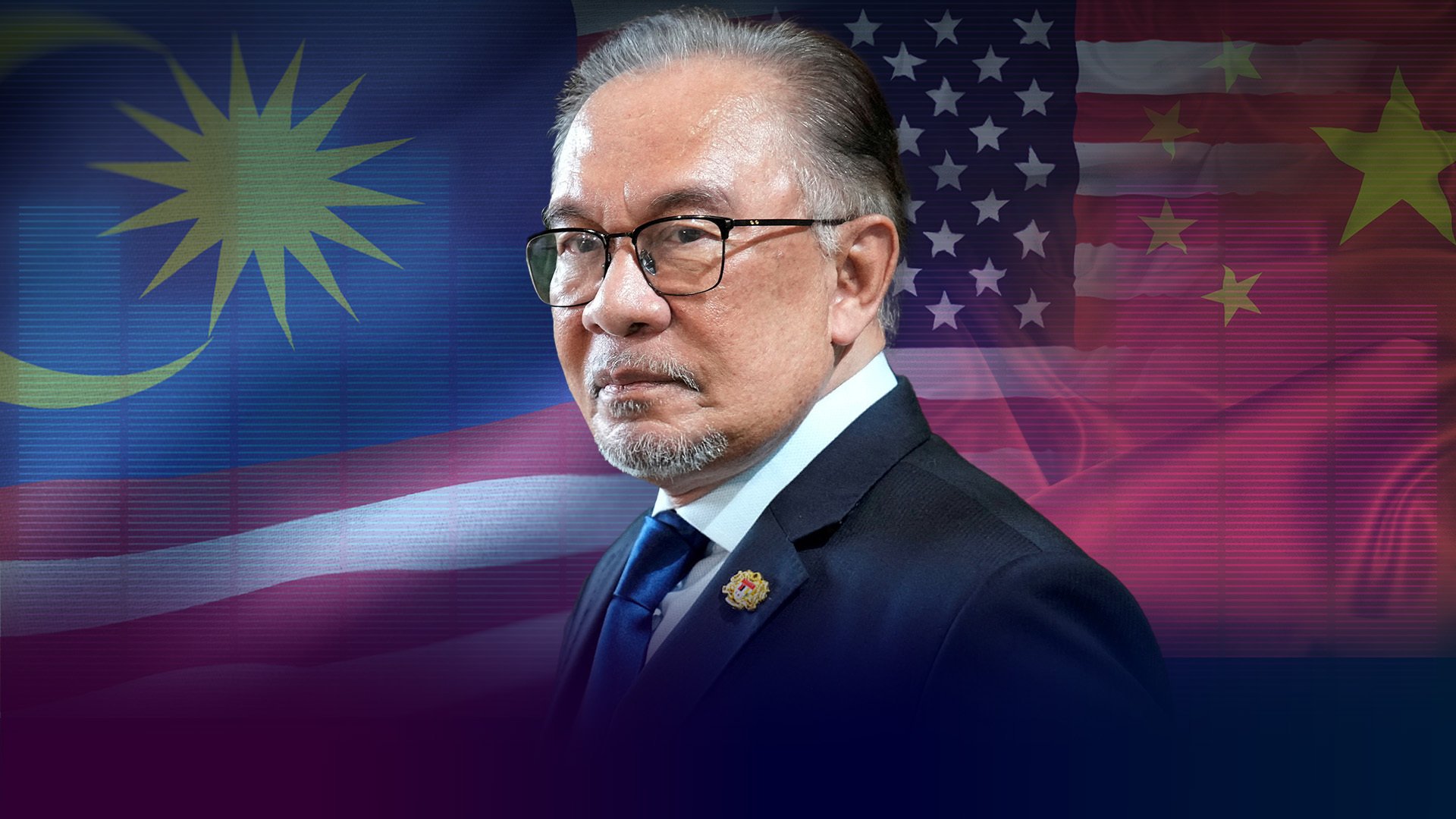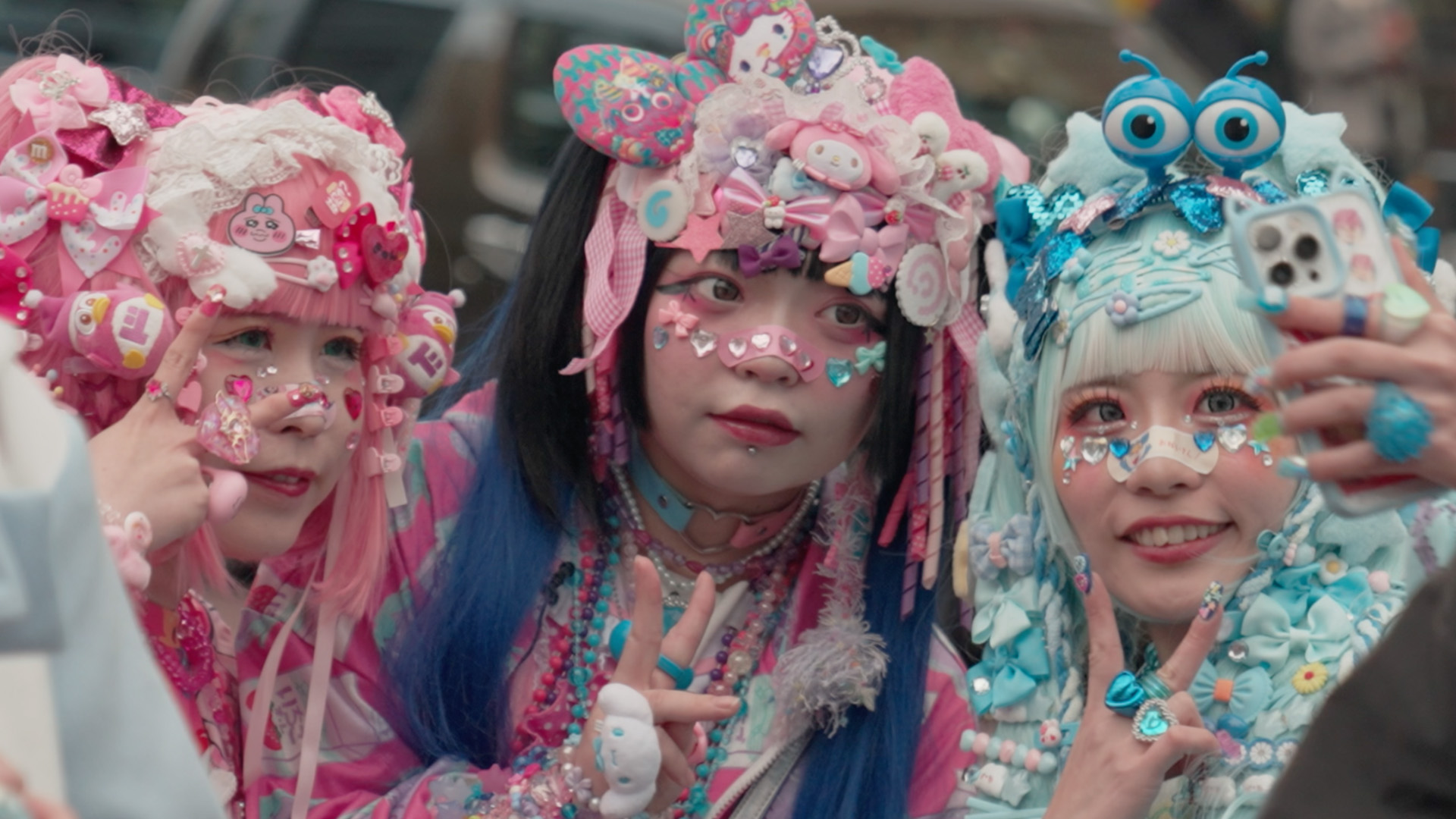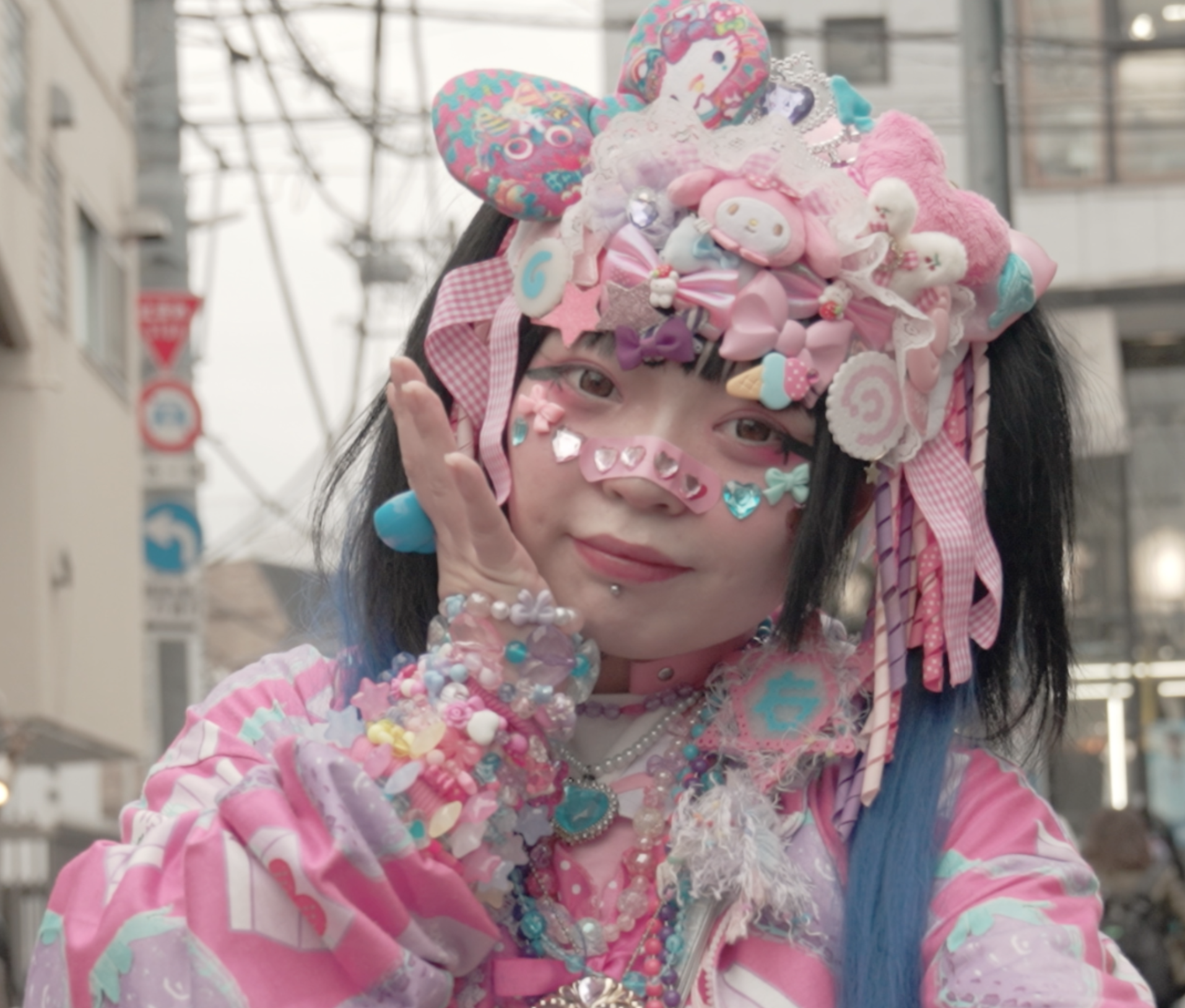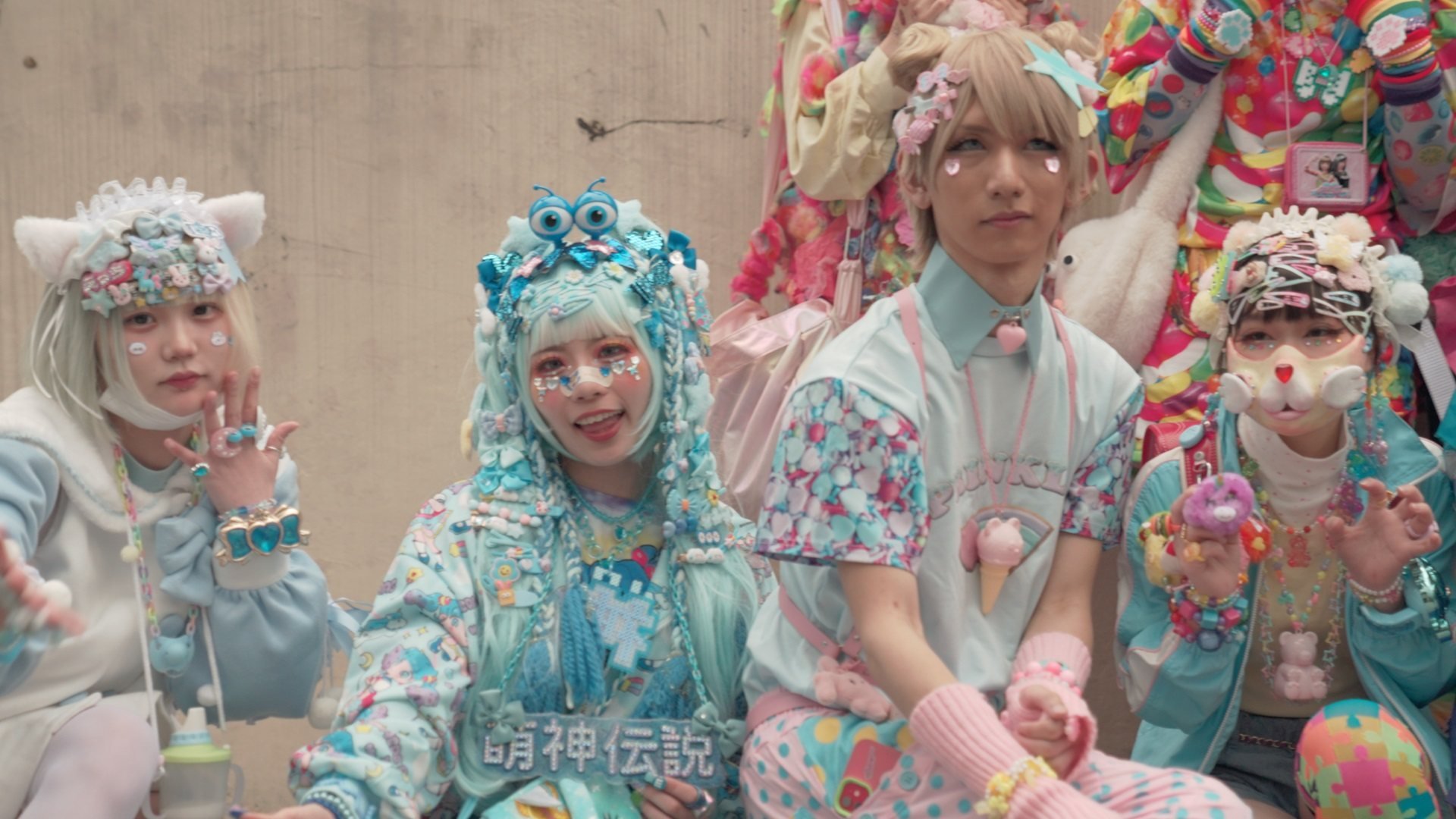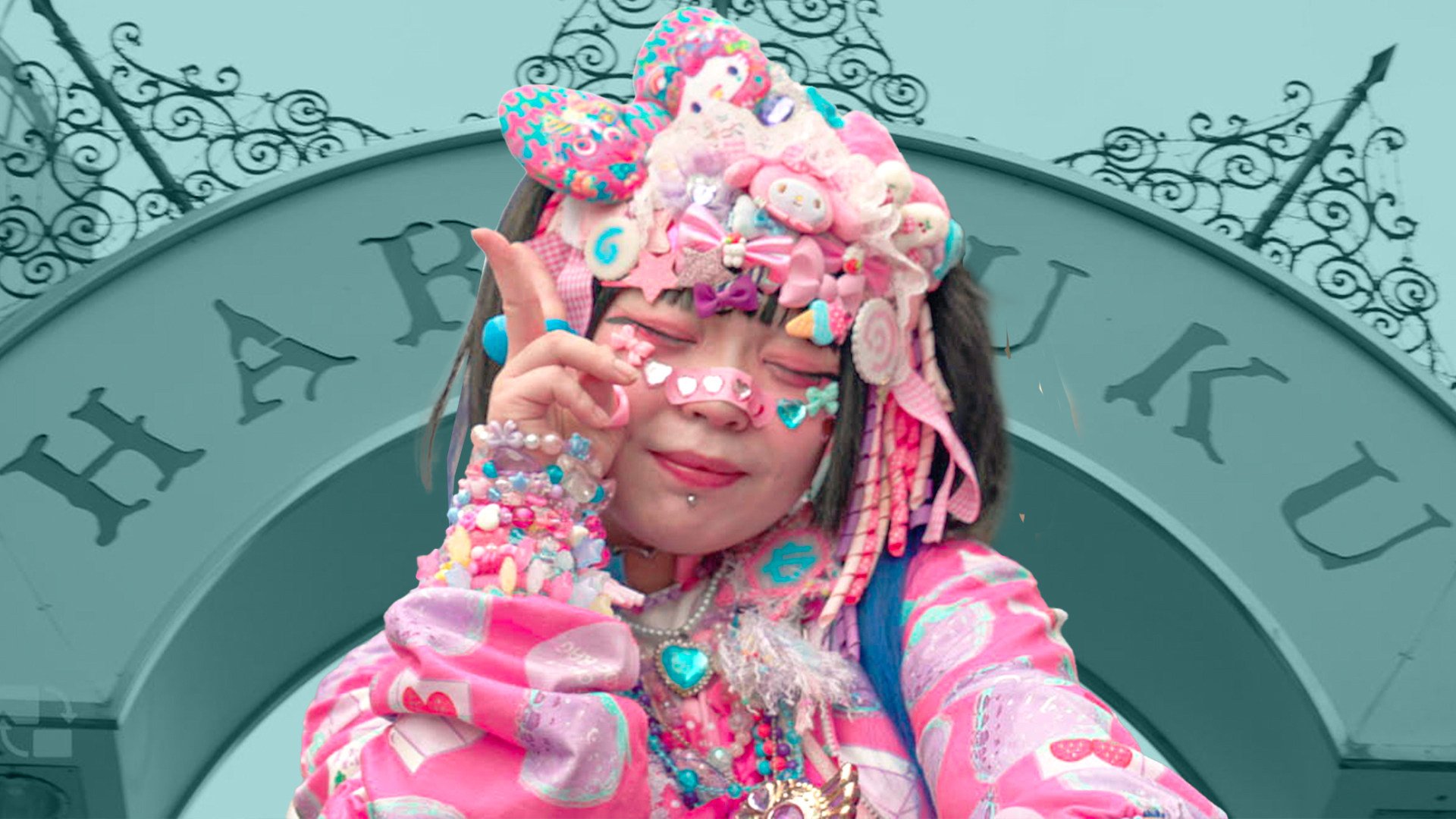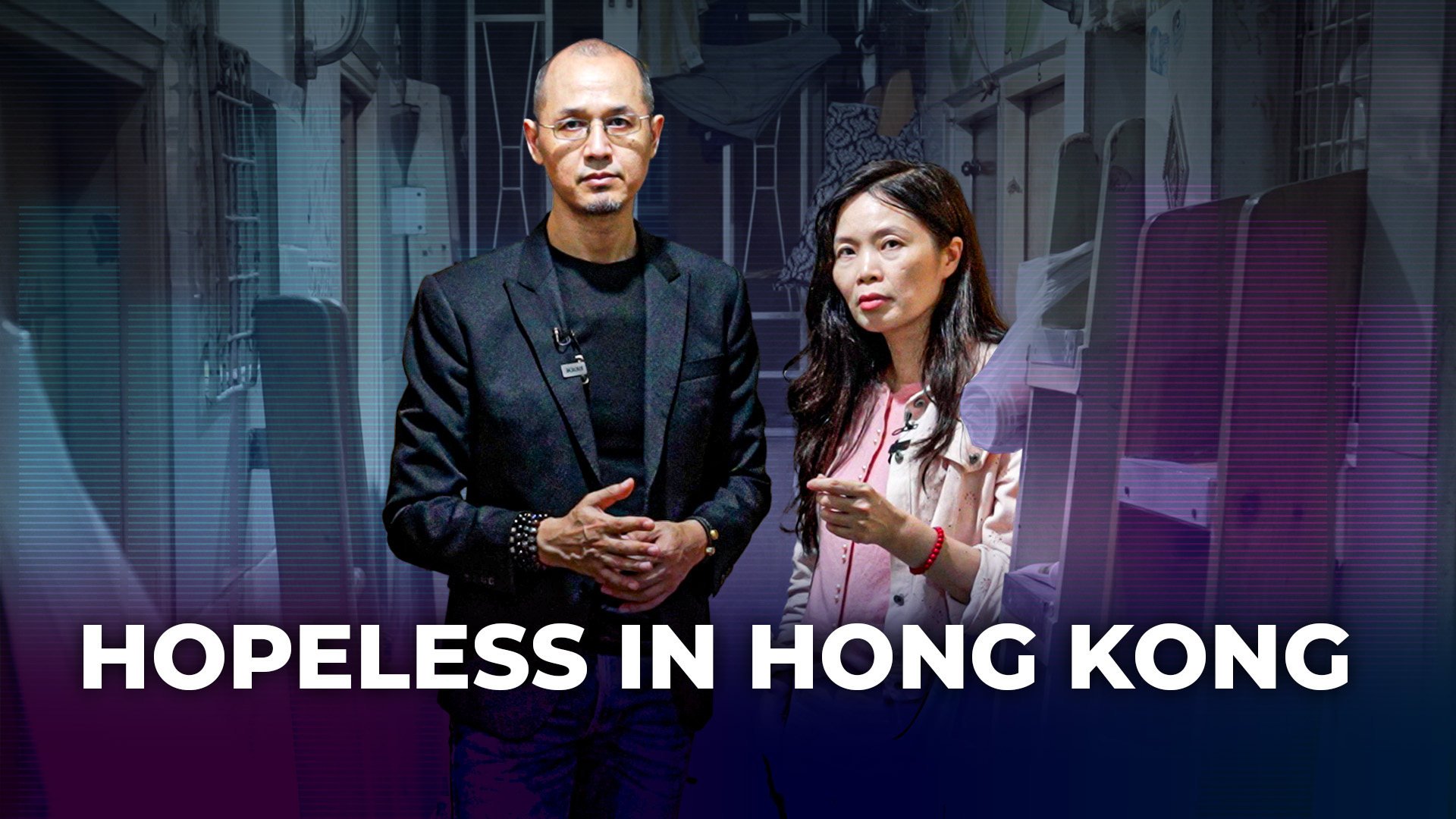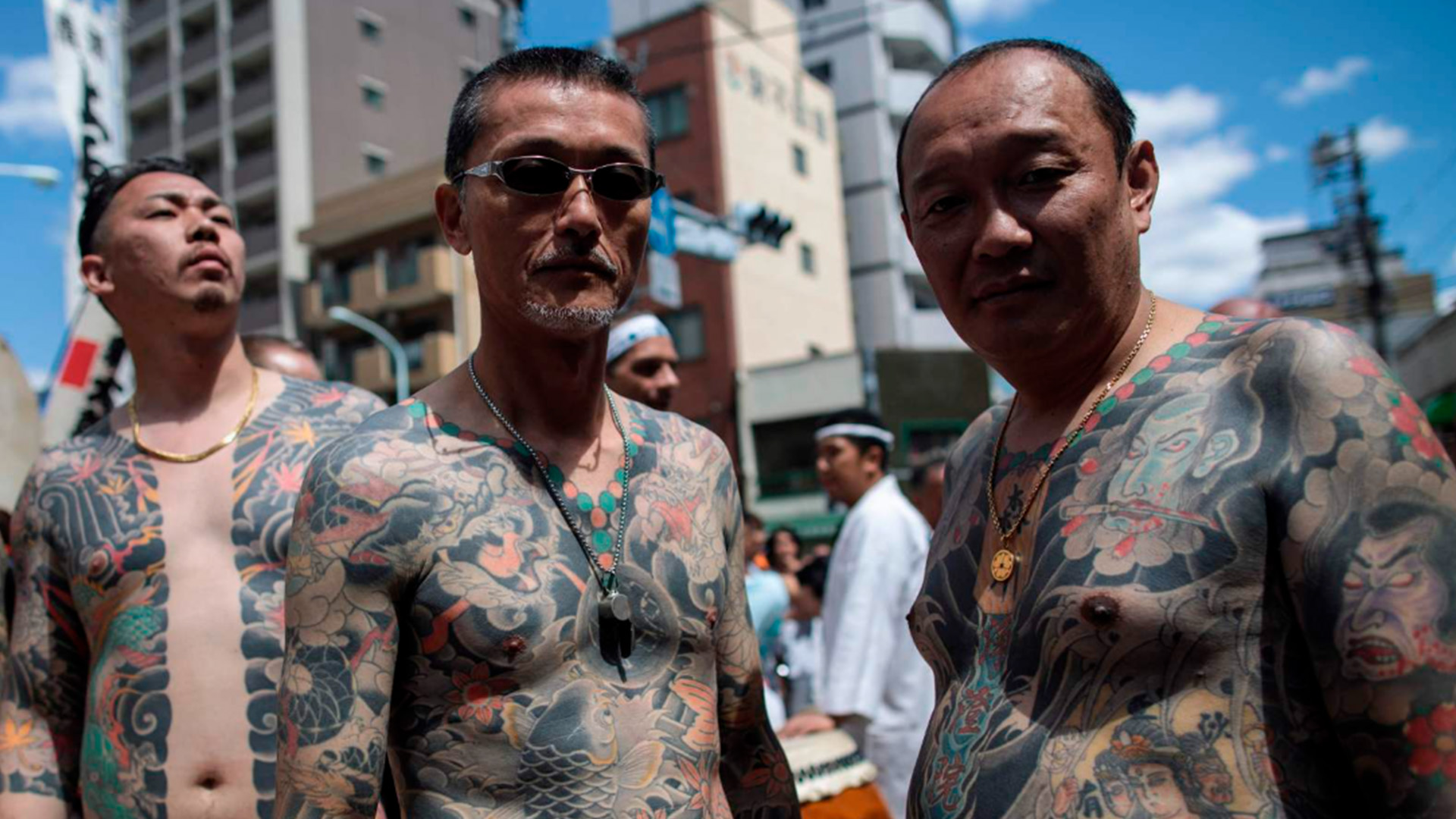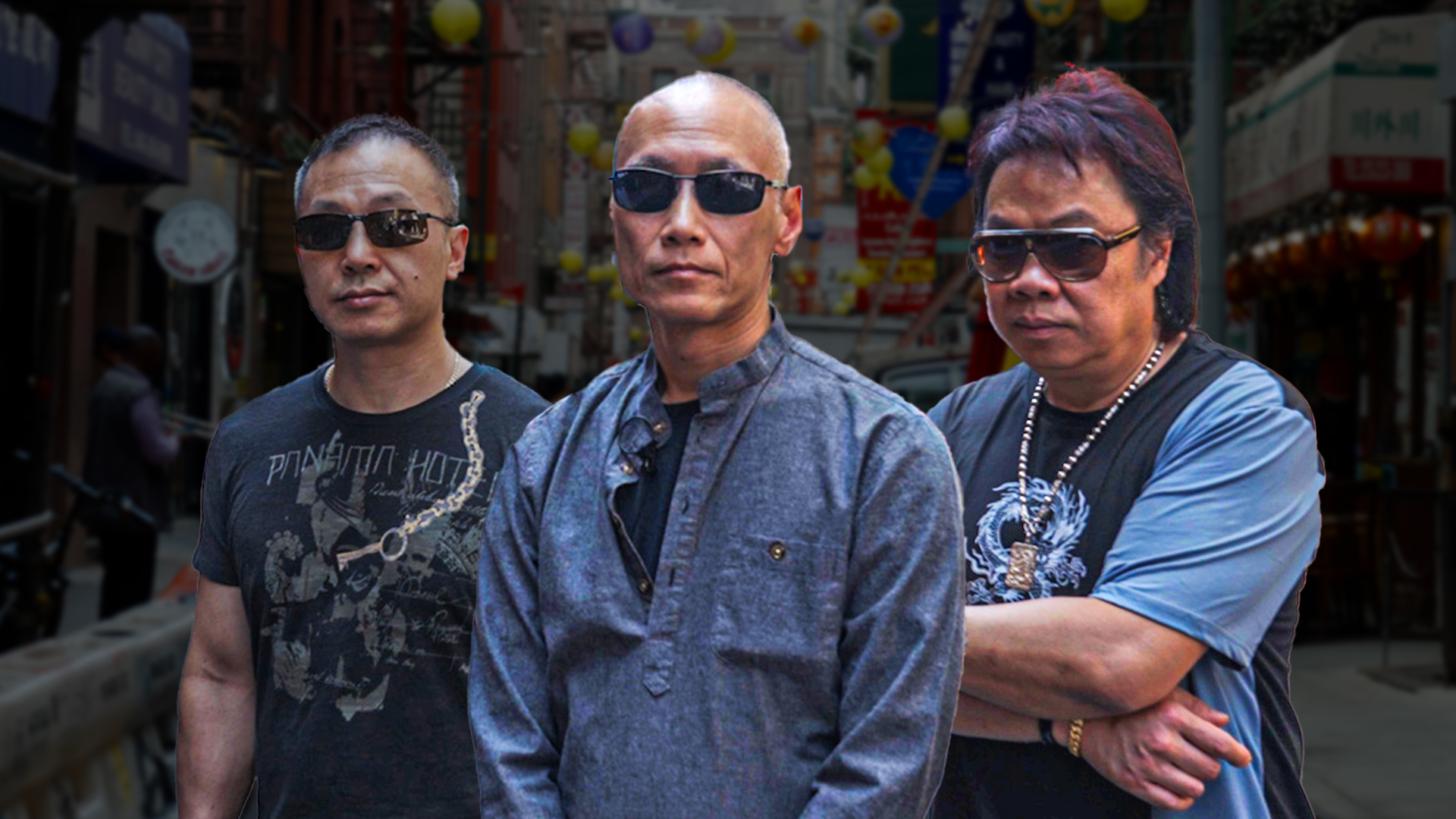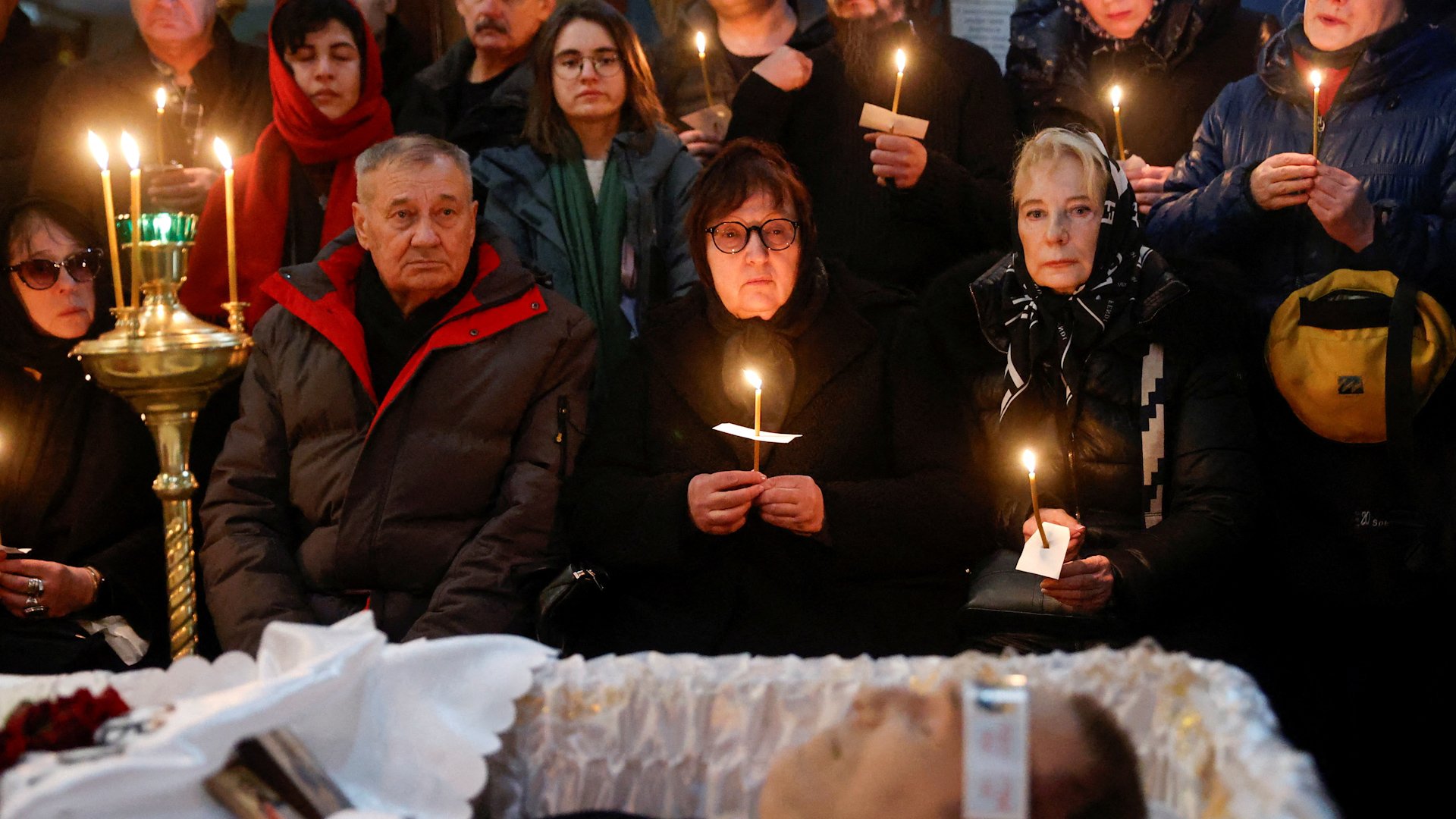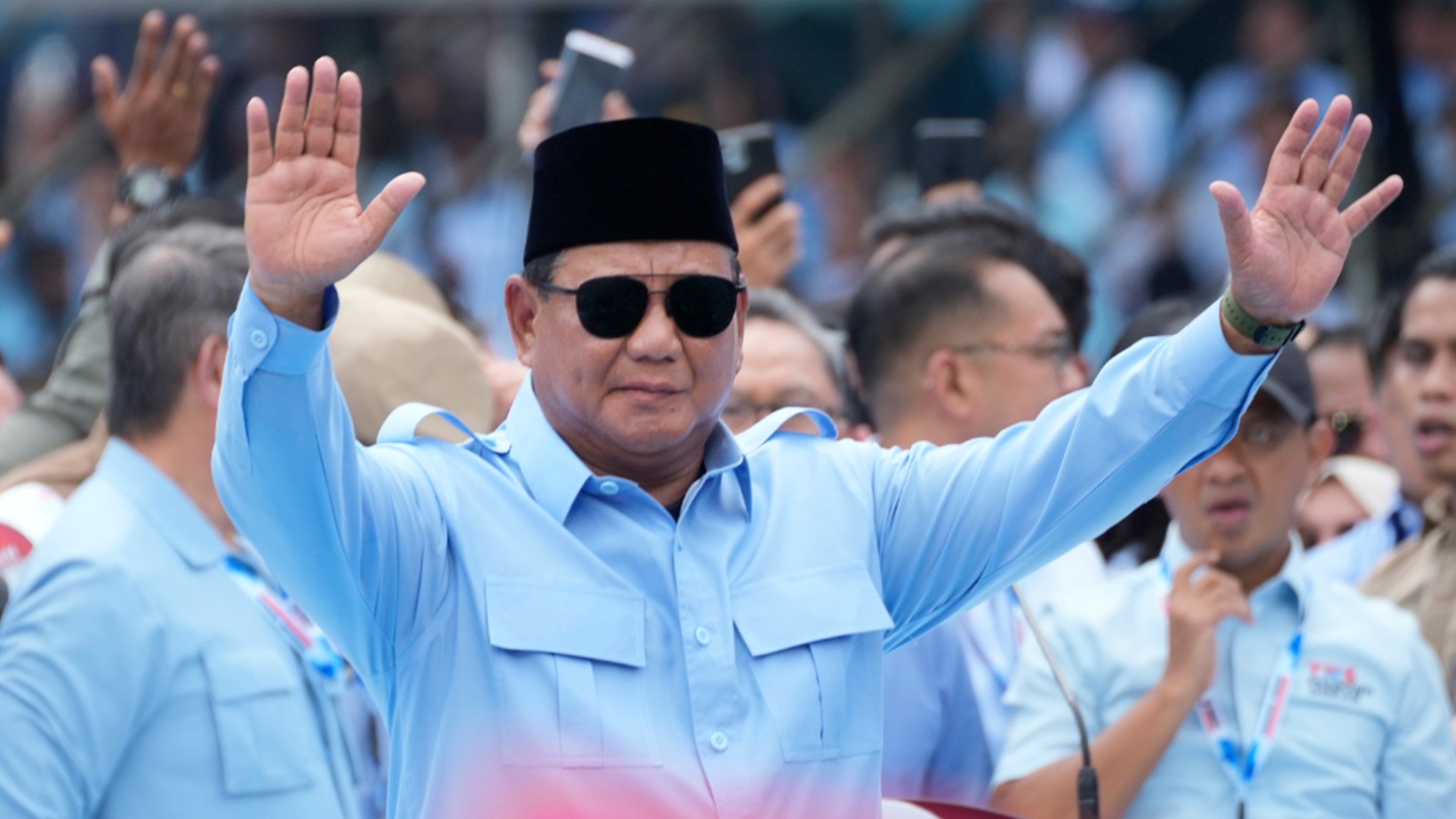Advertisement
Advertisement
Jonathan Vit
Supervising Producer
Jonathan joined the SCMP In 2021, moving to Hong Kong from Jakarta, Indonesia. He has worked in journalism for more than 15 years, first as a text reporter and now as a video producer.
It is about time to welcome the Earthly Snake as we bid farewell to the Celestial Dragon on January 29, 2025. Feng shui master, author and television host Tong Pik-ha has laid out her predictions for all 12 zodiac signs for the coming Year of the Snake.
Residents of Suttsu worry that, despite potential economic benefits, a nuclear waste facility will harm the community and leave a legacy of radioactive waste.
The mayor of Suttsu volunteered the northern town as a potential storage site for nuclear waste generated by Japan’s atomic energy grid
Advertisement
Situated in the Eastern Himalayas, the kingdom of Bhutan has become synonymous with serenity and spirituality. People outside Bhutan have given the country many names, such as “happiest country in the world” or “last Shangri-la”. Bhutan authorities have not focused on measuring economic growth with an index like gross domestic product (GDP), choosing instead tallying Gross National Happiness (GNH) to highlight the importance of sustainability, well-being and culture. In this episode of Eat Drink Asia, Post reporter Lisa Cam visits Bhutan to learn how this philosophy translates into everyday life, and finds out how locals are preserving and promoting their traditional culture through food.
As Fukushima towns painstakingly rebuild, the toxic legacy of 2011’s nuclear disaster casts doubt on their hard-won revival.
Along the Fukushima coast, towns are in the middle of a building boom 13 years after the area was hit by a devastating nuclear disaster.
Thirteen years after the Japanese prefecture of Fukushima was rocked by an earthquake, tsunami and nuclear disaster, towns that were once deemed too radioactive for long-term habitation are in the midst of a building boom. But as Japan struggles with a falling population, will people move to an area that remains blighted by the threat of radiation and ongoing release of treated water from the Daiichi nuclear power plant? In this edition of SCMP Films, we visited towns along the Fukushima coast, where residents continue rebuilding their lives under the shadow of one of the world’s worst nuclear accidents.
Decora, a fashion subculture popular in the Harajuku district in Tokyo that had fallen out of favour by the end of the 2010s, is seeing a resurgence thanks to a new generation who network online.
As Tokyo’s Harajuku neighbourhood experiences a rebirth, the Post explores how the area gained its reputation as a global hub for youth culture and fashion.
How bad is the situation for these residents, and what hope do they have for the future?


